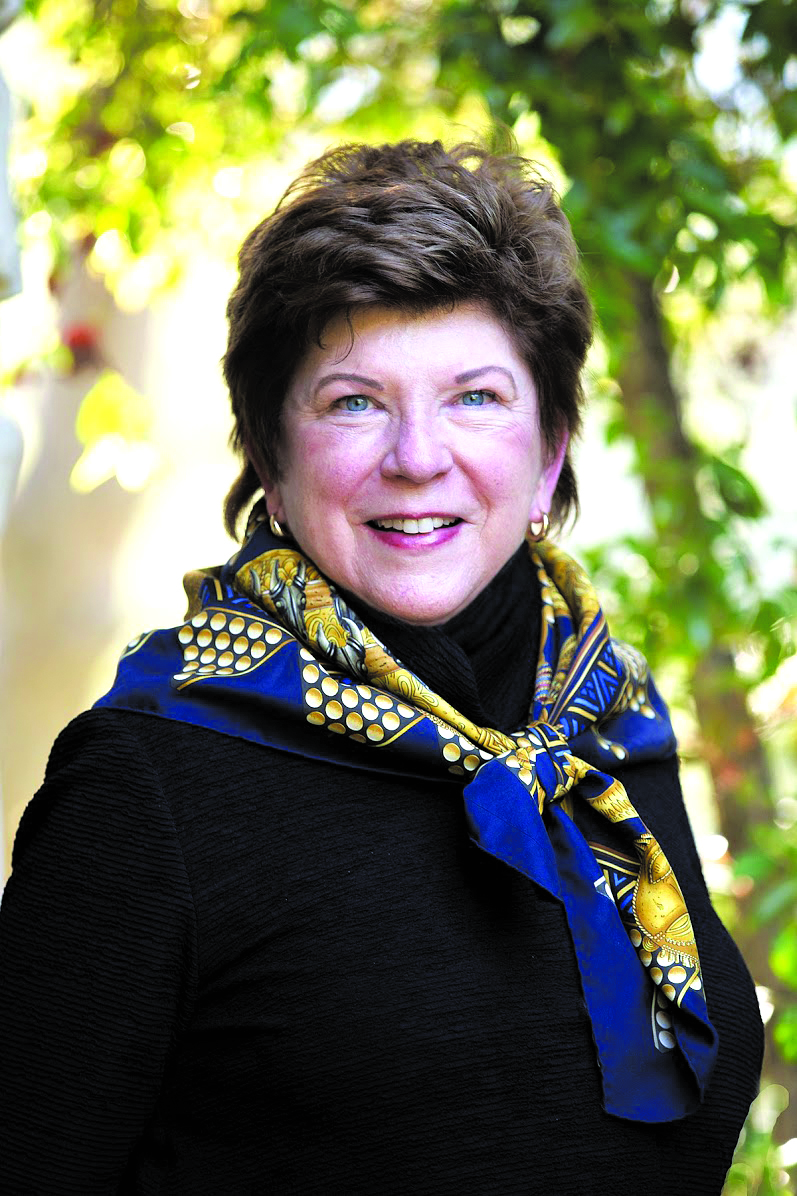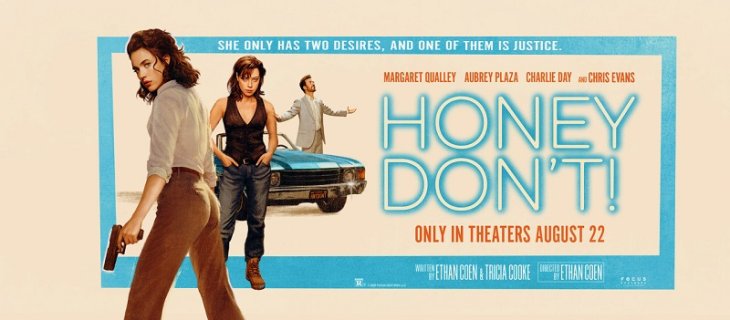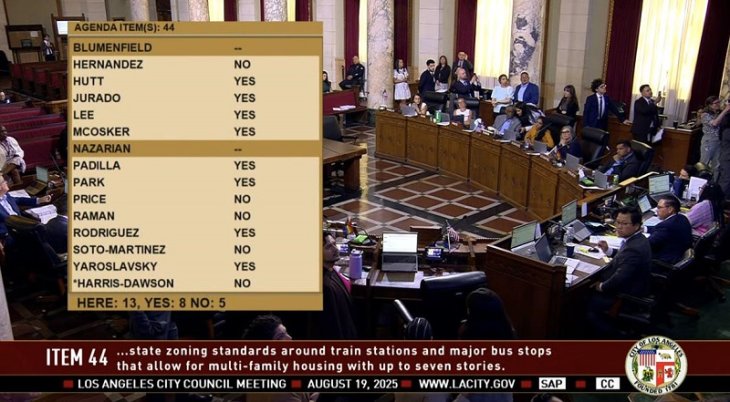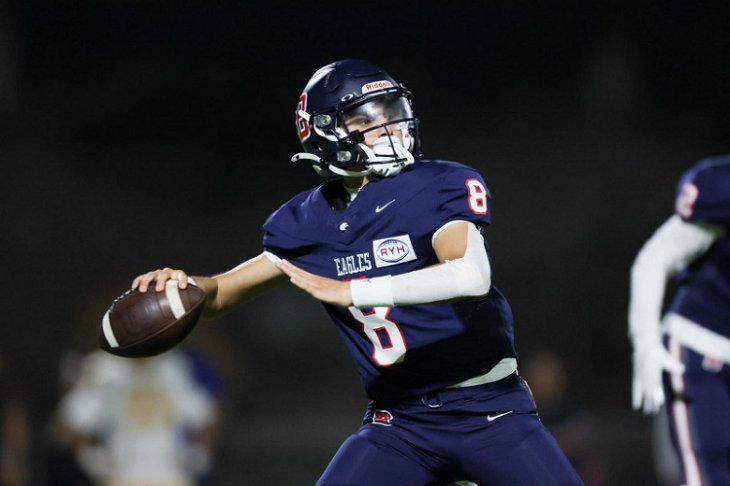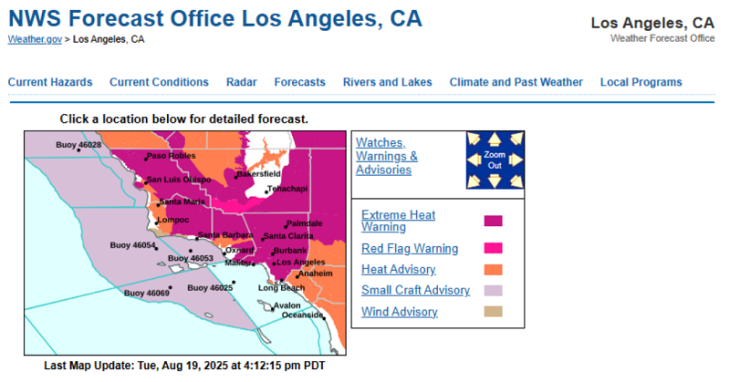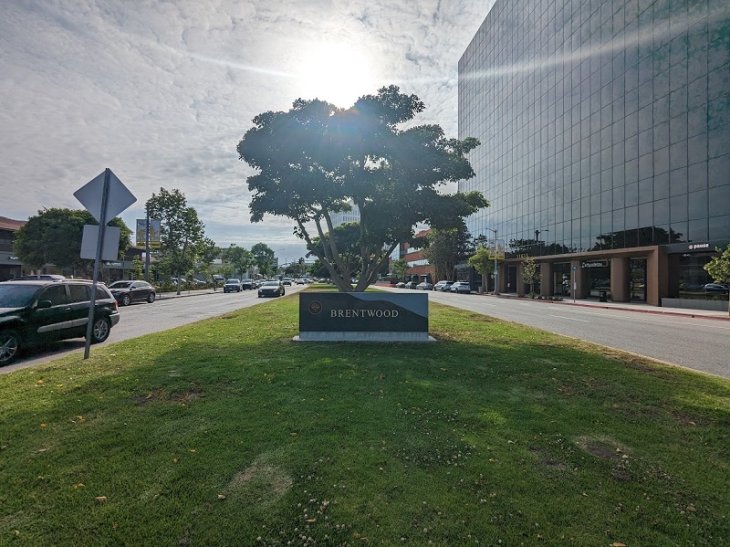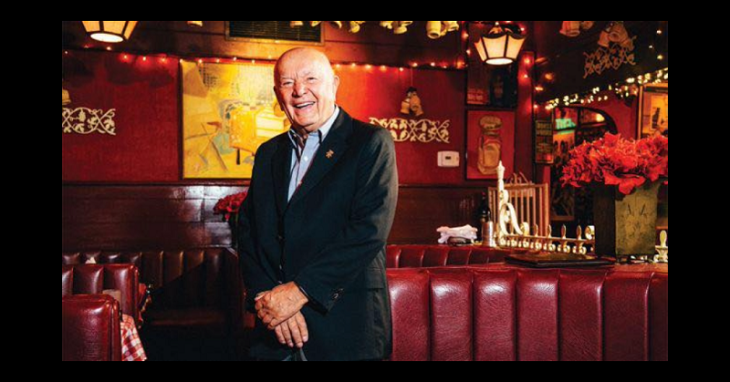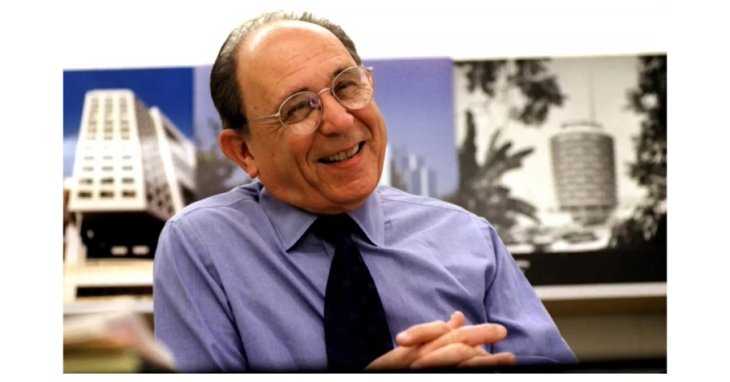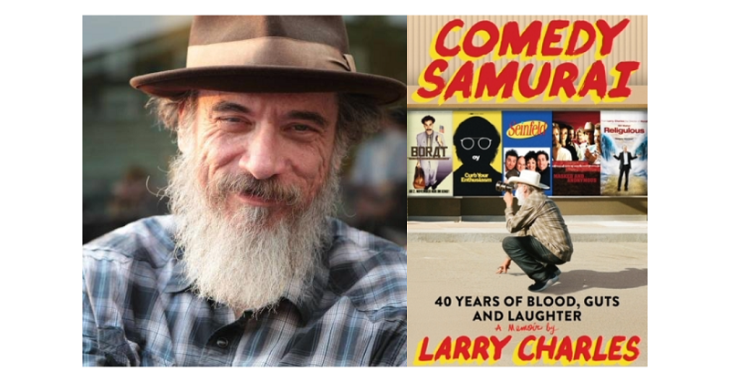By Tom Elias

This article is one in an ongoing series of interviews with candidates for governor of California.
Delaine Eastin has never run a losing campaign for any office, in 14 tries. But if the 70-year-old former state school superintendent emerges to win this year’s race for governor, it will be the biggest upset in the long history of California politics.
But don’t rule her out, even though she drew only 3 percent support in the latest poll from the Public Policy Institute of California and as of early December had raised a mere $500,000 for her campaign, with just $100,000 on hand, compared with many millions for the likes of Lt. Gov. Gavin Newsom, former Los Angeles Mayor Antonio Villaraigosa and state Treasurer John Chiang. The two Republicans in the race, San Diego County businessman John Cox and Orange County Assemblyman Travis Allen, both also outpoll Eastin and have more money available.
But Eastin has some advantages, despite her relatively late entry into this race. She’s a woman in an era when the sexual peccadilloes of male politicians have destroyed several careers and turned off female voters. She also takes firmer stands on some issues than her rivals.
Where candidates like Newsom and Villaraigosa made general statements opposing corruption in government, but offered no specifics on how to combat the widespread phenomenon, Eastin in an interview the other day did. She recalled how she rooted out wasteful, corrupt contracting in the state’s Education Department when she became the state’s school chief, then railed against the Legislature’s use of taxpayer funds to buy silence from victims of sexual harassment there.
“It’s outrageous to use public money to pay off victims of legislators and their staff,” said the former four-term legislator. “The governor can’t order this stopped, but can apply a lot of pressure to make people play by the rules.” She said she would take much the same approach to the scandal-ridden state Public Utilities Commission, another very independent agency.
There’s also the fact that voters have not yet engaged with the run for governor. The same PPIC poll showing Eastin with just 3 percent support also found about one-third of voters were undecided and that the support levels for early frontrunner Newsom, Villaraigosa, Chiang and the two Republicans had not changed much over several months.
This opens the possibility of Eastin making inroads when debates begin and the public starts paying attention.
While she didn’t outright say so, she did indicate one way she might try to move up could be by exploiting the admitted past sexual indiscretions of Newsom and Villaraigosa, both of whom said in interviews they have done plenty of introspection about their problems and will not repeat them.
“I’ve met women who say they won’t vote for either of them, no matter what,” Eastin said. “Both of them have terrible histories…I don’t think people grow out of a lack of self-control.”
Newsom campaign consultant Dan Singer responded to this by saying “Every candidate will choose how to run their own campaign; ours will stay focused on accomplishments and ideas.” Villaraigosa did not respond for the record.
Eastin also laid out four top priorities for the state if she becomes governor, while expressing the same worries Newsom and Villaraigosa do over California’s growing economic inequalities. Her list starts with education, which she says needs more funding and emphasis “from cradle to career.” She would also push for solutions to the state’s housing shortage, try to reenergize the longstanding push for clean air and try to set up a single-payer health care system that would amount to “Medicare for all.”
“California in the hands of a nimble leader can accomplish huge things,” she said. “Under Govs. Earl Warren and Pat Brown, we built the models for a public university system, pre-school system, junior colleges and the world’s best freeway system.”
Eastin clearly is a longshot today, about six months out from primary Election Day. But debates, social media and other outlets will give her ample opportunity to make her case, and the large mass of undecided voters may well be listening to what she says in the coming springtime debates.


